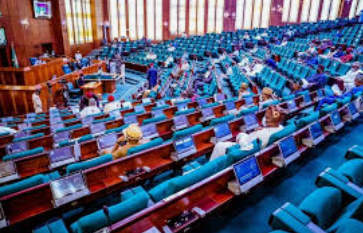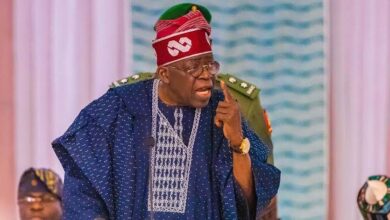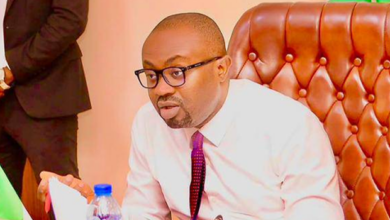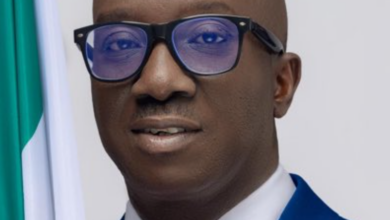Islamic Law Expansion Bill Sparks Debate Among Northern And Southern Lawmakers

The Nigerian House of Representatives has rejected a bill proposing the expansion of Islamic law provisions in the 1999 Constitution. Sponsored by Aliyu Misau, who represents Misau/Dambam Federal Constituency of Bauchi State, the bill aimed to amend sections 24, 262, 277, and 288 of the constitution by removing the word “personal” in reference to Islamic law. This would allow “Islamic law” to apply more broadly, beyond personal matters.
Currently, Section 262 (1) of the constitution limits the jurisdiction of the Sharia Court of Appeal to civil proceedings related to Islamic personal law. Misau argued that this restriction hampers the development of Islamic commercial laws, especially given the emergence of institutions like Jaiz Bank, which operates under Islamic commercial law principles. He advocated for the removal of “personal” to support broader applications, including Islamic commercial and international law.
While northern lawmakers largely supported the bill, there was strong opposition from southern lawmakers. Solomon Bob of Rivers State argued that removing “personal” would broaden Islamic law’s application beyond the limited scope intended by the 1999 Constitution’s drafters. He emphasized that “personal” was deliberately included to limit Islamic law to individual matters. Similarly, Bamidele Salam, a PDP lawmaker from Osun State, warned against altering religious provisions in the constitution, emphasizing Nigeria’s secular nature. He noted that past constitutional assemblies had intensely debated this section, and the military ultimately decided to restrict Islamic law’s scope to personal matters.
During the debate, northern representatives, including Abdulhakeem Ado from Kano State and Saidu Abdullahi and Ahmed Satomi from Niger and Borno States, spoke in favor of the bill, emphasizing the importance of Islamic commercial law. Meanwhile, Jonathan Gaza (Nasarawa), Ademorin Kuye (Lagos), and Awaji-Inombek Abiante (Rivers) voiced strong opposition.
In the end, when the Deputy Speaker, Benjamin Kalu, called for a voice vote, the majority of lawmakers rejected the proposal. The debate highlights ongoing tensions around religious provisions in Nigeria’s constitution and the balance between personal faith and national unity.



